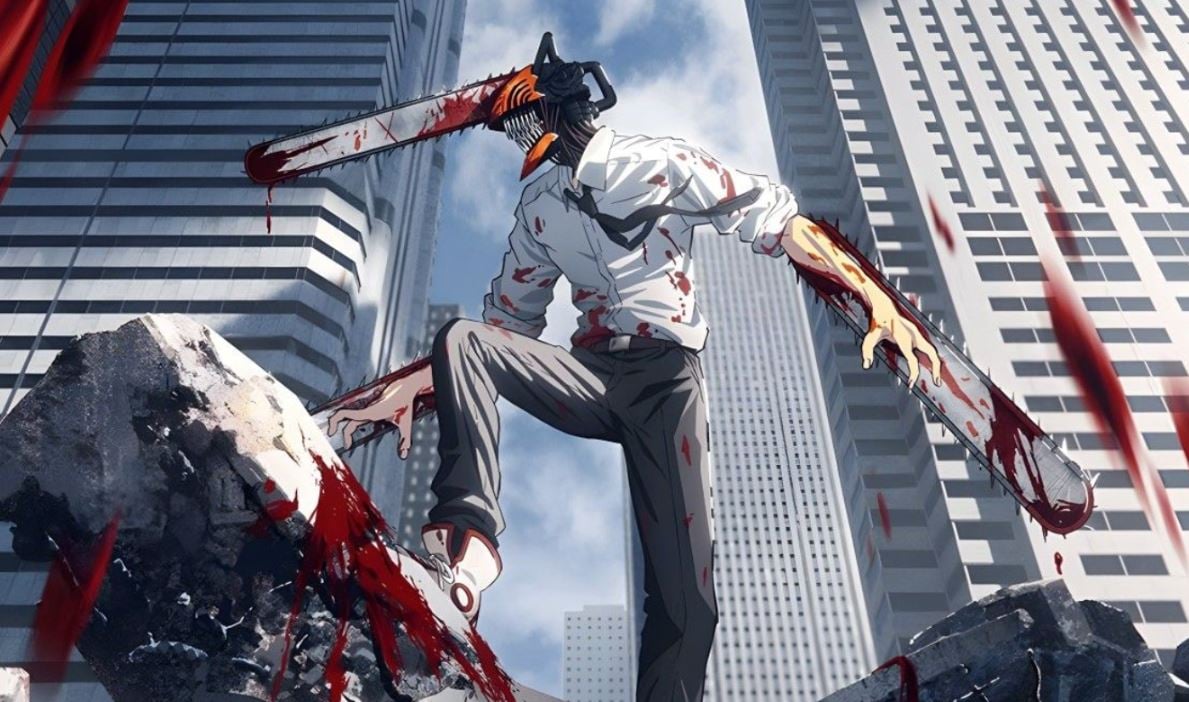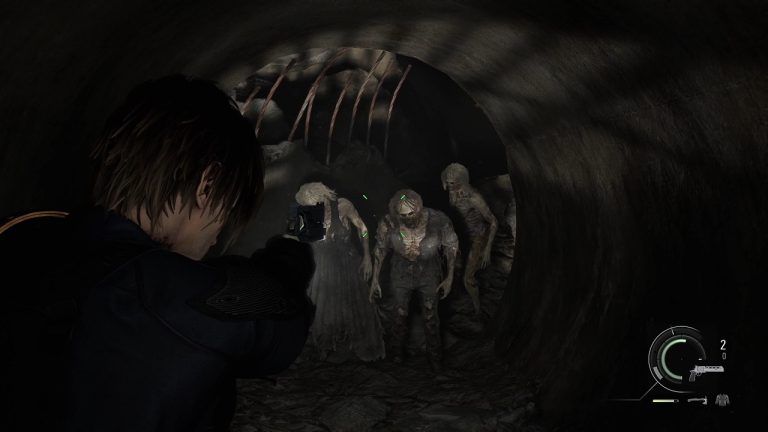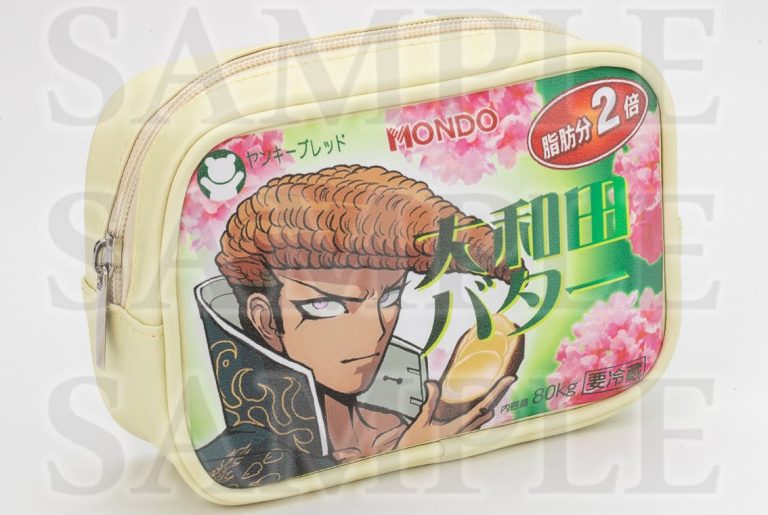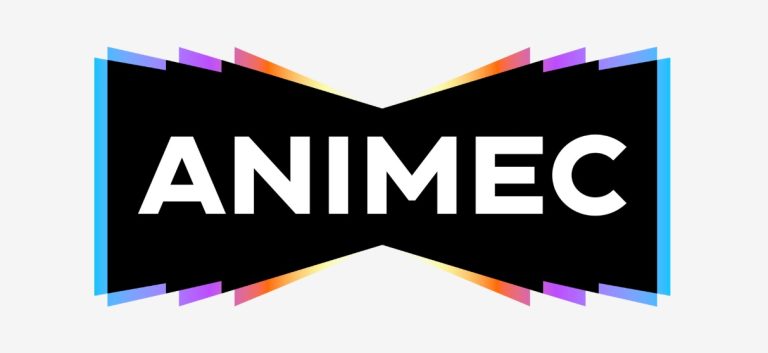Ahead of Japan’s July 20 elections, a populist opposition party called Sanseito has garnered much confusion and criticism from Japanese people online over proposed political measures related to video games, anime and manga. While Sanseito is a minority party, based on current forecasts, it is expected to capture a significant number of seats in Japan’s House of Councillors.
On its official homepage, Sanseito highlights Japan’s entertainment industry (specifically anime, manga and video games) as a “core industry,” that generates yearly revenue comparable to the country’s semiconductor exports. Sanseito says that these forms of media “go beyond entertainment, becoming important tools for Japan’s cultural diplomacy and international influence.” As such, the party intends to support the industry’s expansion through several measures.
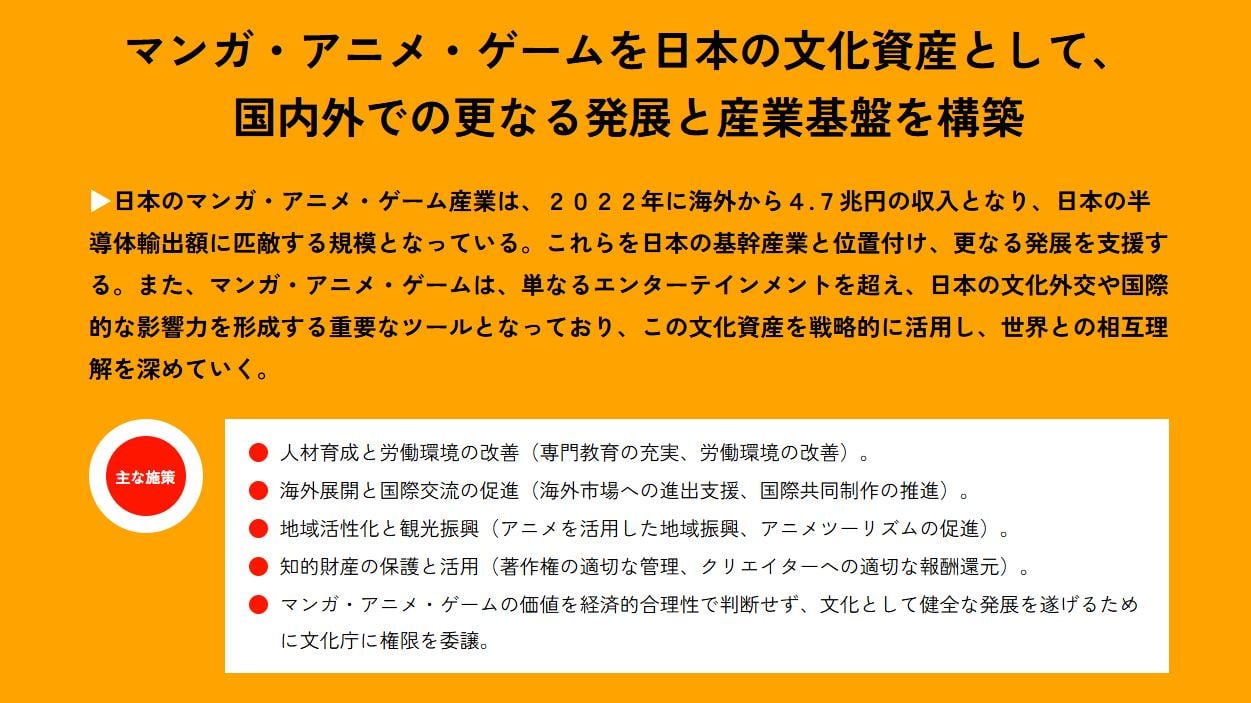
Some of these proposed strategies are similar to what the government’s Cool Japan initiative has already been talking about in recent years – such as investing in the education of human resources, improving working conditions for creators and supporting businesses in entering the global market. However, there is one distinct point in Sanseito’s strategy that’s been causing an uproar. Their last proposed measure is “Delegating authority to the Agency for Cultural Affairs to ensure the wholesome development of manga, anime, and games as culture, rather than judging their value based on economic rationale.”
This statement has prompted criticism both for how ambiguous it is (not specifying what “delegating authority” actually involves) and for how it suggests the state should be involved in monitoring how “wholesome” games and anime are. The latter is seen as a threat to freedom of expression by many Japanese commenters on X. Y
They really are saying that.
What the hell do they think creators are?
The rights to creative works belong to the creators, not the state.
Copyright is an inviolable right of creators who have put blood, sweat and tears into their works. Don’t just delegate this right to third parties of your own accord. Also, I won’t stand for being judged about what constitutes “wholesome” development.
While many of these responses mention copyright too, it is important to note that Sanseito’s policy does not explicitly mention the transfer of copyrights to the state. Nonetheless, the party’s stance on regulating entertainment appears to have dealt them a negative blow, particularly as it comes at a time when sensitivity towards censorship among gamers and anime fans is on the rise.

